
- Home
- DescriptionNews
Phuket: A case study on the possibility of living with COVID-19
.jpg)
Phuket: A case study on the possibility of living with COVID-19
Phuket demonstrates the possibility of living with COVID-19.
The famous island of southern Thailand has been reopened to international tourists since July last year, under the Phuket Sandbox scheme that focuses on bringing back tourists for economic recovery.
Several health measures have been experimented with under the scheme to find the best way to recover tourism while ensuring the safety of local people.
During Thailand's second wave last year, inbound international tourists must be vaccinated and stay on the island for 14 days before traveling to other parts of the country.
They must also go through regular coronavirus testing.
This strict measure aimed to prevent coronavirus transmission from tourists to local people.
However, limited freedom of movement also discouraged international tourists from visiting Phuket.
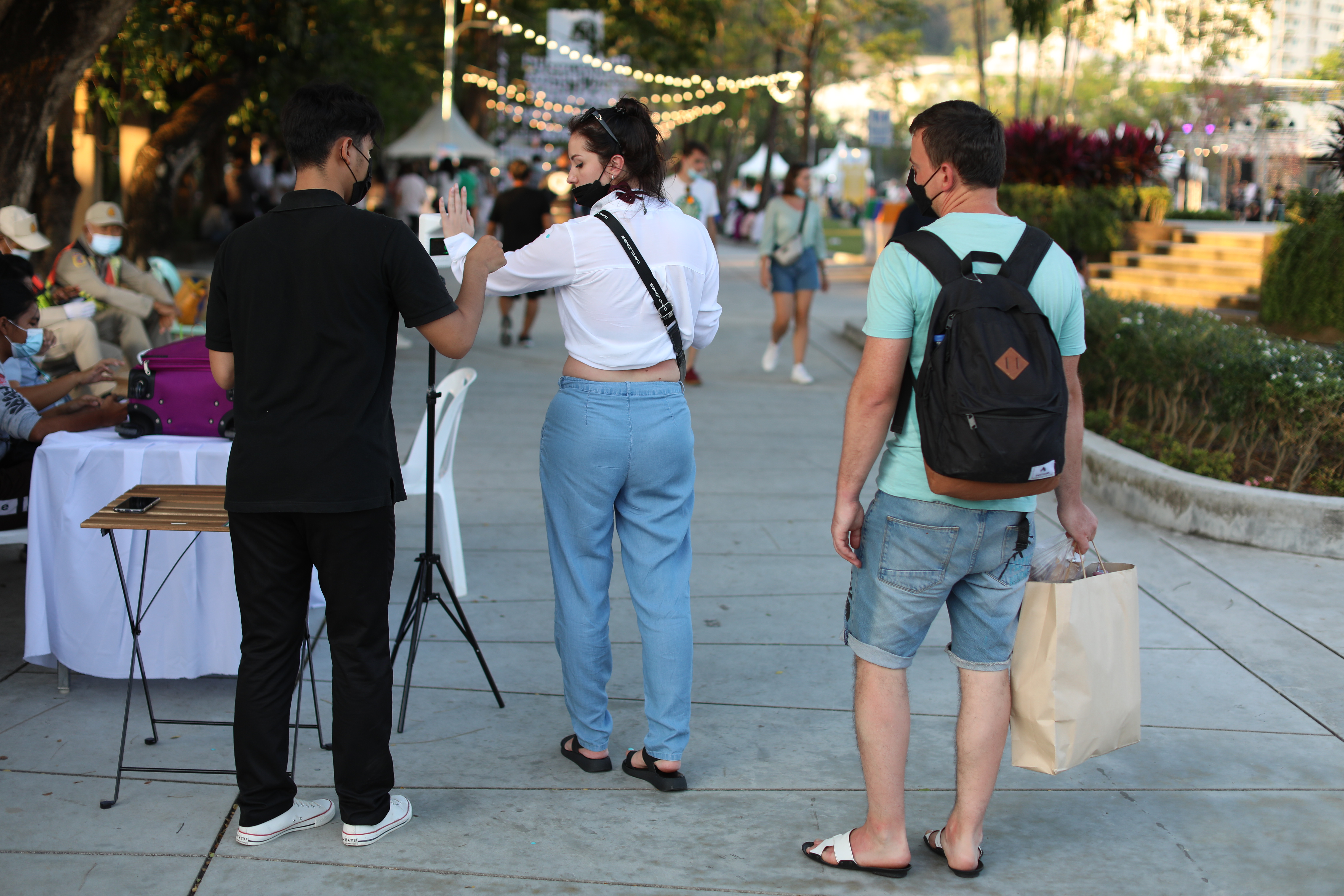
Local and public health authorities and the tourism business sector learned the lesson.
When the second wave receded in Oct last year, they adjusted the measure by reducing mandatory days for staying on the island from 14 to seven days.
Test & Go scheme has been offered to international tourists since Nov 1, in which vaccinated tourists from anywhere in the world are exempted from quarantine.
But they must take the COVID-19 test on arrival and go straight to hotel rooms.
Once the test result is confirmed negative, they are free to leave.
It takes around one day to get the test result.
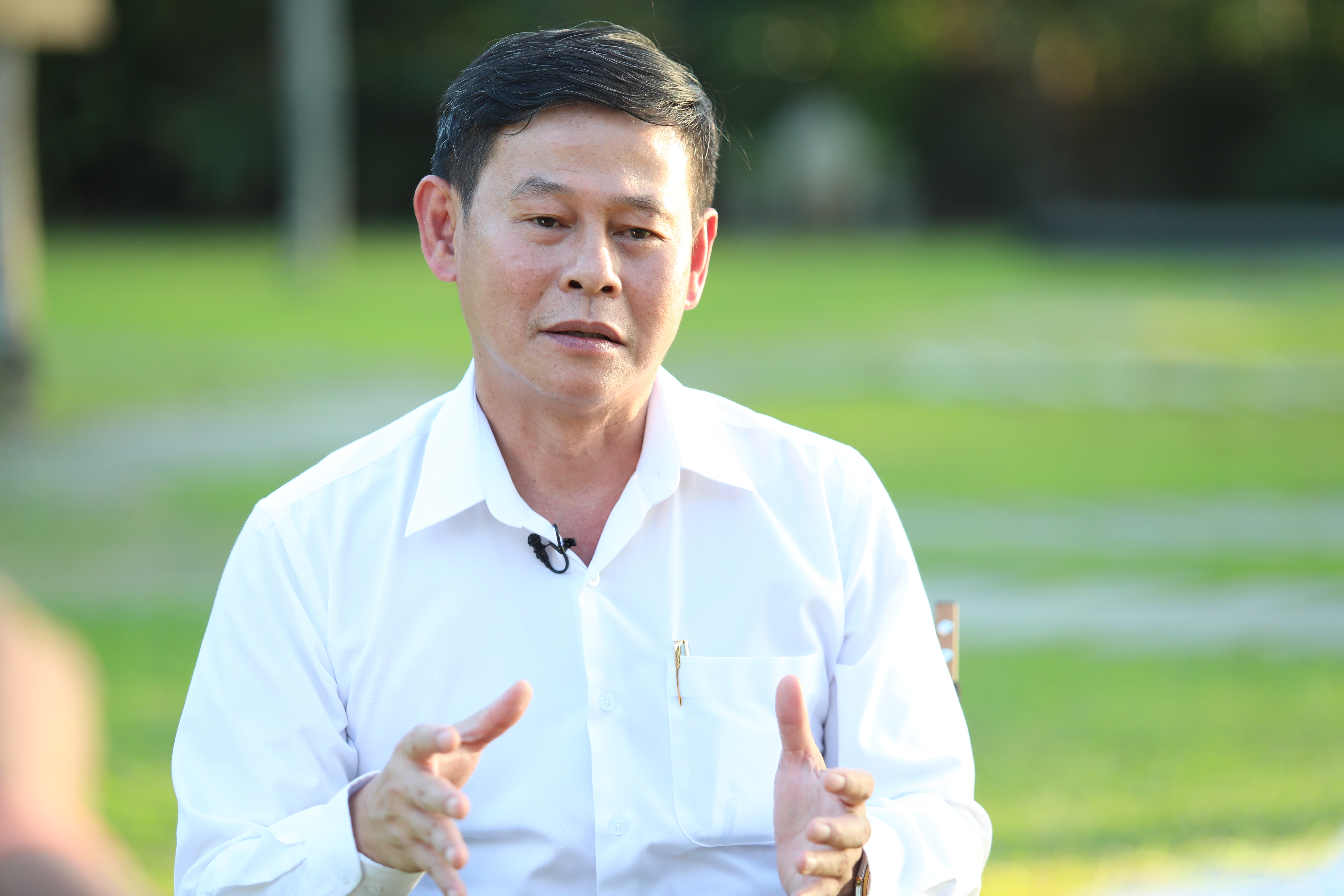
"Phuket Sandbox seeks for a balance between the economy and healthcare amidst the pandemic," said Dr Kusak Kukiattikoon, Phuket Provincial Chief Medical Office.
"We've achieved to find this balance through multi-sectoral collaboration.
All players from local administrative and public health authorities to hotel and tour operators have worked together to design the right measures for Phuket people and tourists."
Provide care to a diverse population
Phuket makes use of the existing spider-web healthcare network to handle the pandemic.
The island is a location for some public and private hospitals.
The staff of these health units have collaborated and shared information to trace and track coronavirus cases in a diverse population.
In addition, state hospital staff have long-established networks with health volunteers, civil society groups, and local clinics to implement health promotion and disease prevention programs to local communities.
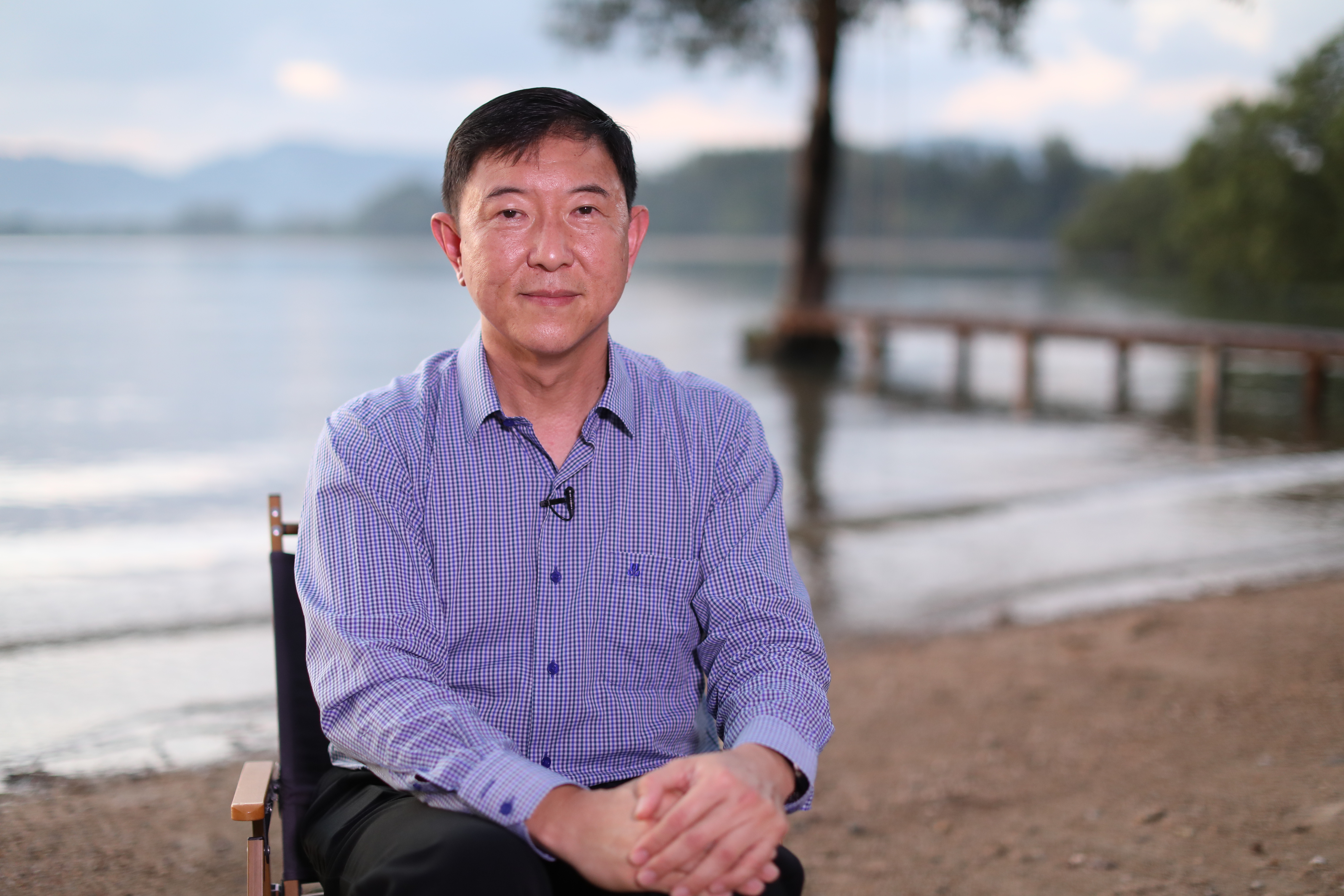
Dr Weerasak Lawtongkum, director of Vachira Phuket Hospital, said that such networks had helped health professionals and workers manage the pandemic effectively.
Thais receive free COVID-19 healthcare services under the government's three healthcare schemes: Universal Coverage Scheme, Social Security Scheme, and Civil Servant Medical Benefits.
Because Phuket is a tourist destination, public hospitals have established centers for assisting foreign patients even before the pandemic.
The centers, of which health staff have built networks with hotel and tourism associations, became a contact point for coronavirus cases in tourists and expatriate communities.
Currently, the infection rate of international tourists on arrival is 1.3%, or around 50 out of 4,000 tourists landing at the International Phuket Airport each day.
The infection rate increases to 4% after tourists stay in Phuket for five to six days.
They mainly get the virus from local people.
Migrant workers, the main workforces in Phuket's tourism sector, have received assistance through Vachira Phuket Hospital's Supanimit Center and civil society groups.
Healthcare staff have conducted active case finding in migrant worker communities and provided them with medicine and treatment during their isolation.
Synthesis of tourism and healthcare sectors
"Tourism sector in Phuket has a long history of collaborating with the public health sector. For example, hotel operators have requested public health staff to inspect hotel facilities' hygiene," said Kongsak Khoopongsakorn, the Thai Hotel Association Southern Chapter's President.
"We have remained and even extended collaboration during the pandemic."
The collaboration includes the management of hospitels, the hotels turned into COVID-19 quarantine facilities, and the implementation of the Test and Go policy.
In the past months, tourists who tested positive under the Phuket Sandbox scheme have been allowed to quarantine at hotel rooms instead of moving them to hospitals.
This helps reduce the demands of hospital beds, which should be spared for serving critical patients.
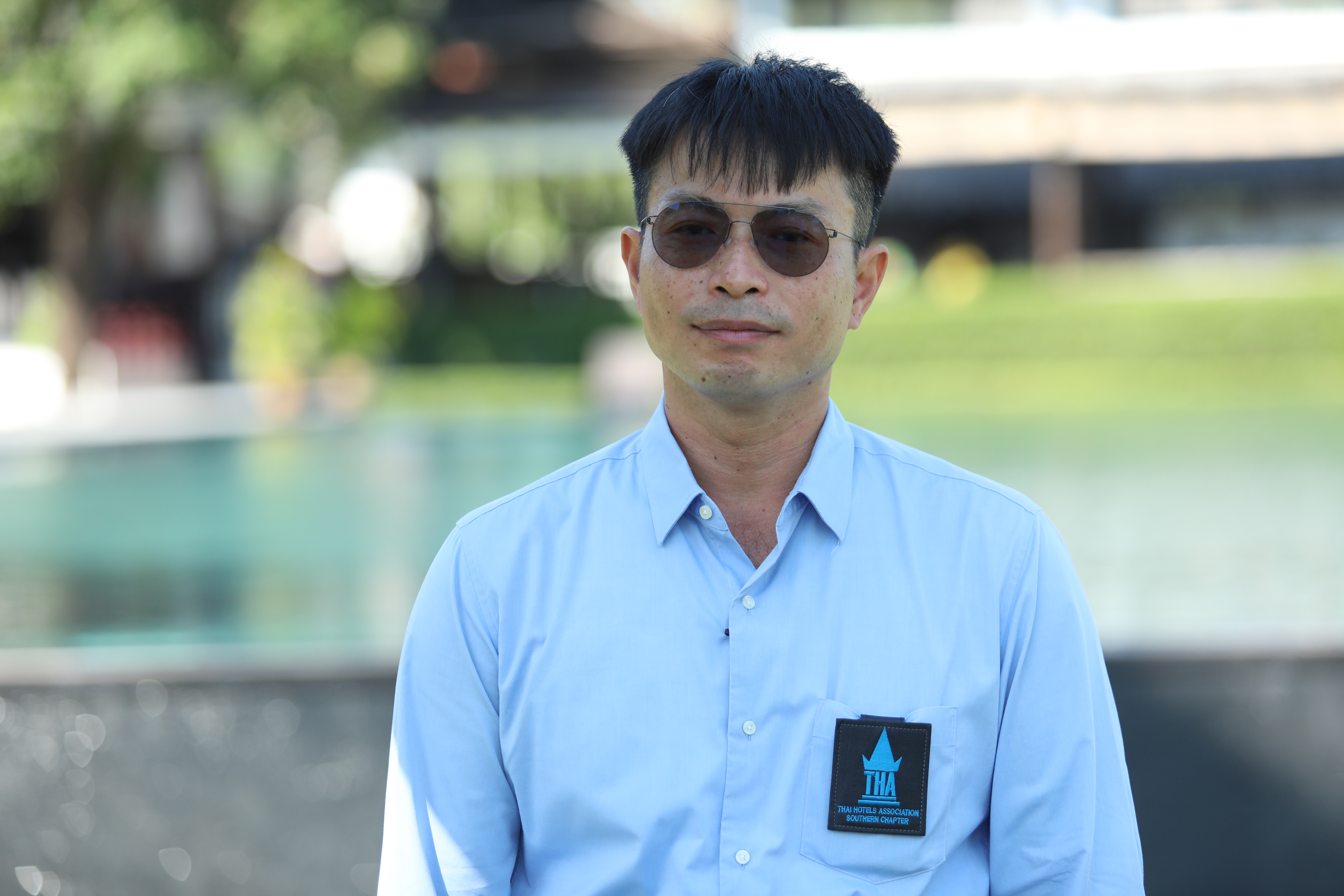
Kongsak said that not every hotel had the capacity to manage hotel room isolation. To solve this challenge, hotel operators and the public health authority worked together to introduce "international community isolation,"
in which hotels with high capacity may provide a temporary shelter for infected touristed before they are transferred to hospitals or hospitels.
"We've complied with recommendations from the public health authority and changed the way we run our facilities to ensure the safety of tourists and our staff," said Kongsak.
"We have regular meetings with the Phuket governor, public officials, and relevant organizations to update real-time situations and discuss the solutions that are right and acceptable for everyone."
Rapid mass vaccination
Along with the multi-sectoral collaboration, the achievement of Phuket Sandbox has depended largely on the COVID-19 vaccination program.
Prof Dr Virasakdi Chongsuvivatwong, Advisor to the Ministry of Public Health, said that the idea of Phuket's border reopening had emerged before the vaccines were available.
Local authorities introduced 'bubble and seal' measures, allowing tourists from selected countries to enter the island. But it didn't succeed because none of the countries could control the spread of the virus at that time.
The free flow of tourists would put local people at health risk, concerned local authorities.
When the Thai government obtained the vaccines in mid-2021,
Phuket authorities and local businesses didn't hesitate to initiate and speed up the mass vaccination program.
Within three months, over 75% of Phuket residents were fully vaccinated, making the launch of the Phuket Sandbox scheme possible and safe.
The last-year research on local vaccine recipients found that vaccination was a game-changer.
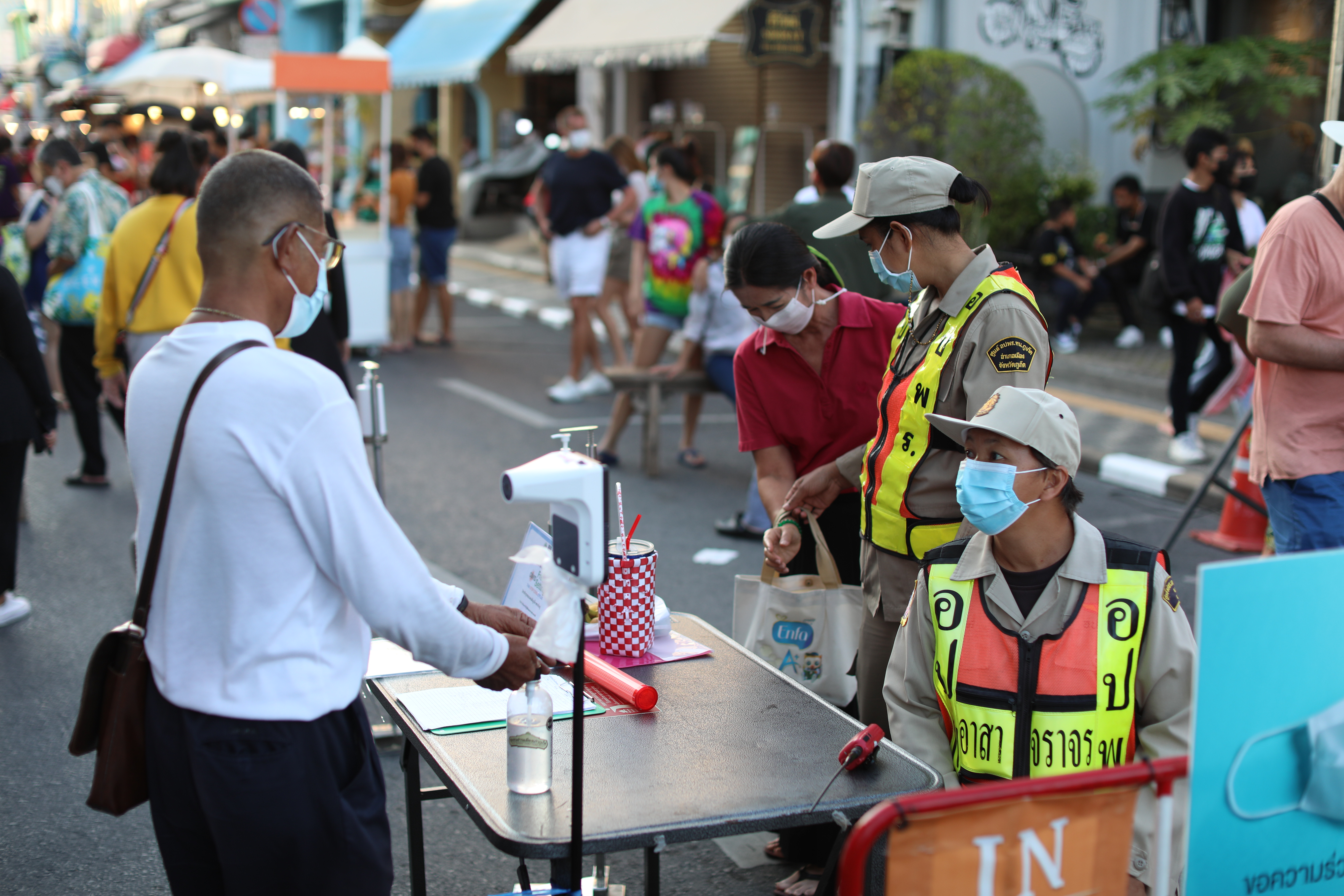
It has increased immunization among the local population and reduced the risk of facing the uncontrollable spread of the virus.
In Jan, the health authority began to provide local people with the second booster shots.
Severe cases are reported very low in Phuket, allowing tourism activities to carry on despite the spread of Omicron.
"Of course, we still need to keep an eye on the situation and be alert for new variants," said Prof Dr Virasakdi.
"Phuket has proved to the world that living with COVID-19 is possible and safe."

